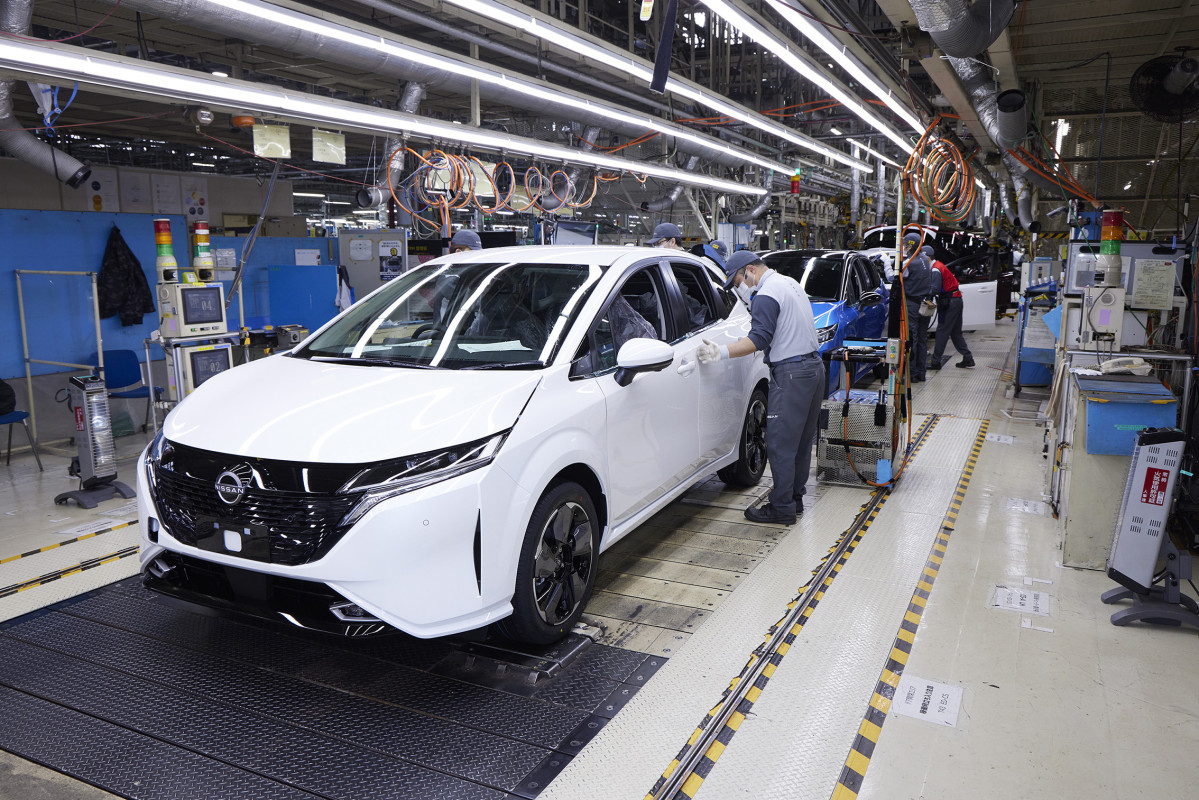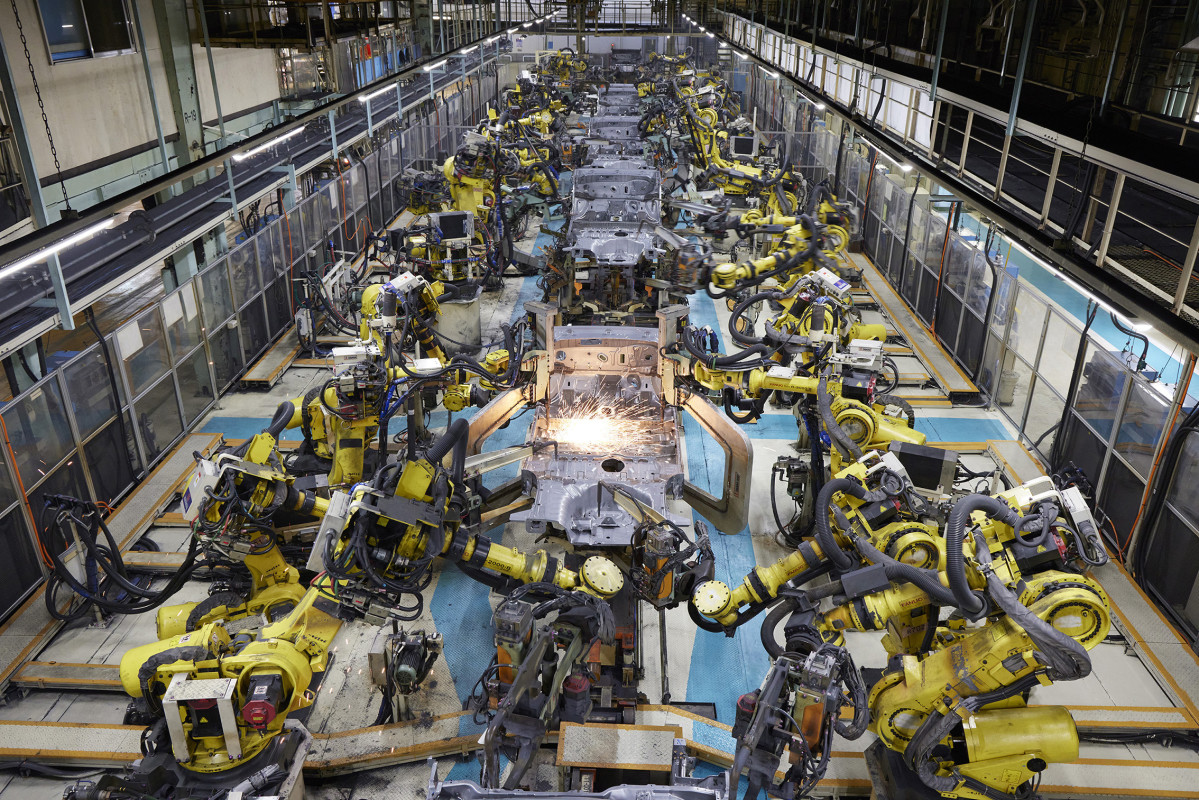Changing Tides at Nissan

It looks like Nissan, the well-known Japanese automaker, is stirring things up with talk of restructuring that could lead to shutting down some of its manufacturing plants in Japan and a few emerging markets. According to reports by Reuters and Nikkei Asia, Nissan’s major factories in Japan’s Kanagawa prefecture might be affected. Specifically, the Oppama plant in Yokosuka and the Shonan plant of its Nissan Shatai unit, which focuses mainly on commercial vehicles, are the ones under consideration for closure.
The significance of these plants can’t be understated. The Oppama plant is particularly noteworthy as it’s not only a favorite for tourists but also the first Nissan plant globally to mass produce electric vehicles. This plant alone cranks out about 240,000 vehicles every year and provides work for 3,900 people. That’s quite a hefty chunk of Nissan’s production pie they’re potentially taking off the table.
Despite the buzz, according to a report from Kyodo News, Nissan had a chat with the folks who work at the Oppama plant, stating these closure rumors weren’t carved in stone yet. In response, officials in the Kanagawa region held an emergency meeting to hash out potential support options for affected workers, just in case.
Local voices are chiming in too. Kanagawa Governor Yuji Kuroiwa has expressed concern, noting that shutting these plants down could have a severe ripple effect on both employment and the regional economy. He confirmed that Nissan had reached out after the initial rumors to assure that no decision had been finalized. Mayor Katsuaki Kamiji of Yokosuka expressed a hope to see the plant restored to its former stature, highlighting its historical value in the community.
Global Moves

These potential plant closures form part of a bigger plan, dubbed Re:Nissan, helmed by CEO Ivan Espinosa. The plan, revealed during the fiscal summaries for 2024-2025, aims to overhaul Nissan’s production strategy worldwide. It could mean about 20,000 job cuts and a slimming down of global production sites to only 10 by the end of the 2027-2028 fiscal year.
Moreover, reports suggest that plants in places like South Africa, India, Argentina, and Mexico might also face the chop. In Mexico, where Nissan has three factories, the CIVAC plant, a site with a 60+ year history, appears to be potentially on the exit list. Recently, Nissan’s Latin American division decided to centralize production of their Frontier and Navara models, combining operations from Mexican and Argentinean facilities.
Final Thoughts
This is a tough pill to swallow for Nissan fans and workers alike, echoing the sentiments of Espinosa who called these decisions “painful and sad.” The restructuring acknowledges necessary steps to keep Nissan competitive and sustainable in the long haul. The company’s got quite the road ahead to navigate these changes, and their past challenges might only add to the complexity.
Both Nissan and enthusiasts will need to keep the finger on the pulse as the restructuring unfolds. The hope is that the brand, renowned for its innovative vehicles over the years, finds a solid path forward, merging its rich legacy with the fresh demands of the global auto market.
Fiat Panda's Off-Road Edge
2026 Lexus RZ Revealed
Italdesign's Future
Tesla's DIY Hybrid
Truck Bed Crash Fiasco